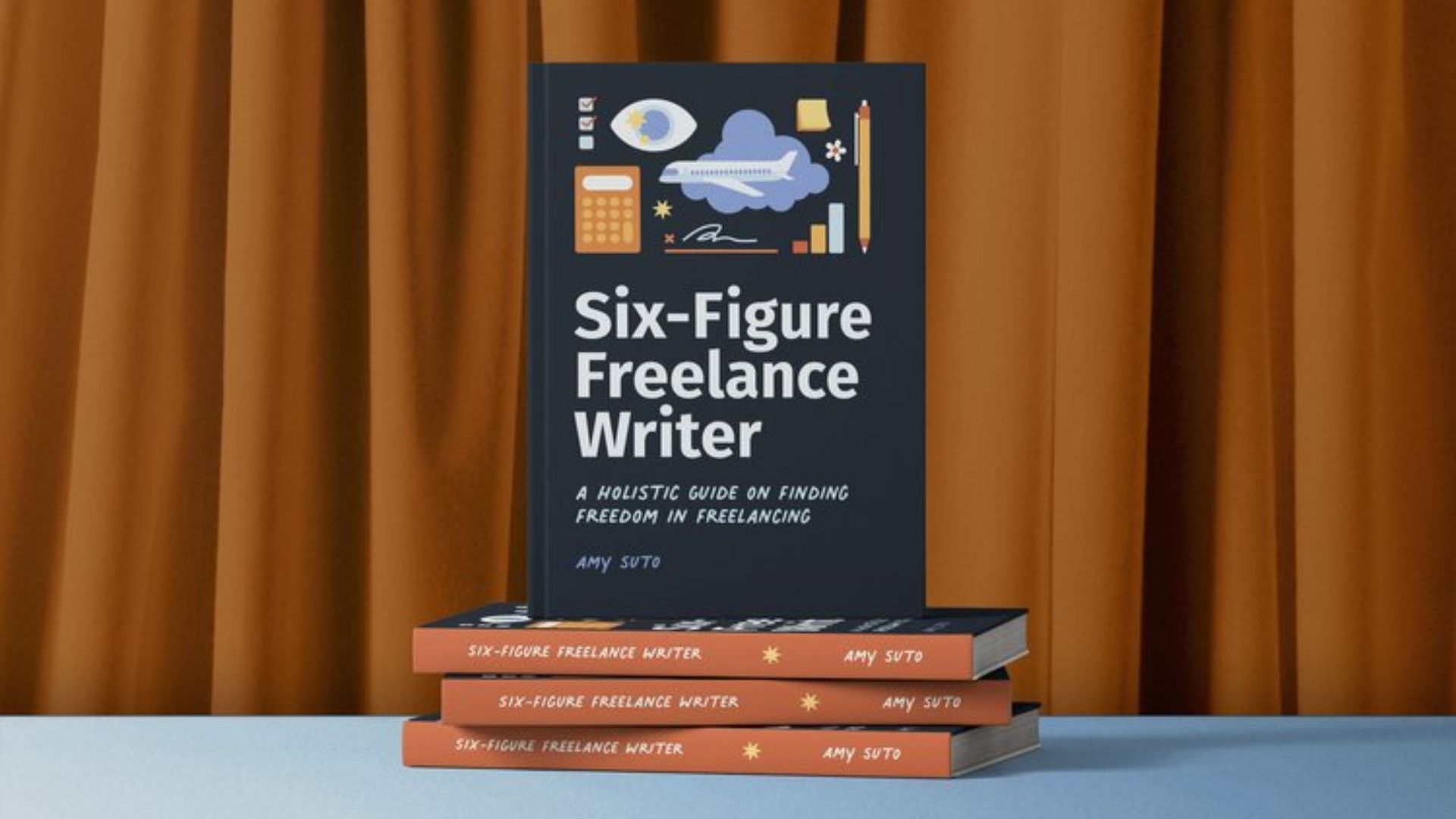Becoming a full-time author sounds like a dream for many—a career where creativity flows freely, and storytelling takes center stage. However, the reality of being a full-time writer often involves a host of challenges that are less glamorous than one might expect. From financial instability and self-doubt to the pressure of constant creativity and balancing a work-life equilibrium, the struggles of being a full-time author are real and multifaceted. In this article, we’ll dive into the difficulties authors face when writing full-time. While the career offers unparalleled freedom and flexibility, it also demands significant sacrifice and resilience. If you’re considering making the leap into full-time writing, understanding these challenges can help you prepare for the reality of the writing life.

Financial Instability
One of the most significant struggles of being a full-time author is financial uncertainty. Unlike traditional careers where a steady paycheck is guaranteed, writing often involves feast or famine cycles. The nature of publishing—whether self-publishing or traditional—means that income can fluctuate dramatically, especially for new or mid-list authors.
Irregular Income Streams
While authors can earn royalties from book sales, these payments are usually not consistent. Advances from publishers are often small or non-existent for debut authors, and even when books do sell, royalties can take months to reach an account. For self-published authors, the market can be even more volatile, with no guarantee of success or sales.
Many full-time authors supplement their income with freelance writing, teaching writing workshops, or public speaking, but this doesn’t always guarantee a stable income. Balancing creative projects with commercial demands becomes necessary, yet it can be exhausting and stressful.
The Pressure of Success
This financial pressure can often lead to burnout. Authors who are unable to sustain themselves purely from writing may have to take on part-time or full-time jobs, which leaves little room for the creativity that is central to their craft. The weight of making each book “a success” or having to juggle multiple projects at once can be daunting.
Creative Burnout
While writing is undoubtedly a creative endeavor, being a full-time author can paradoxically lead to a drain on creativity. Many writers find that the pressure to produce content constantly—whether it’s novels, articles, or social media posts—leads to burnout.
The Need to Stay Productive
Full-time authors are often expected to write at a faster pace to meet market demands, especially if they’re working on a series or multiple projects at once. This speed can stifle creativity, as the pressure to “finish” can overshadow the joy of crafting an authentic and engaging story.
Moreover, writers can feel torn between pursuing passion projects and writing for commercial gain. Creating for an audience or trying to fit into a specific genre can lead to feelings of dissatisfaction with one’s own work, increasing the risk of burnout.
The Pressure of Perfectionism
With so much at stake, many full-time authors feel a crippling pressure to produce work that is perfect on the first try. This can prevent them from writing freely and lead to long periods of self-doubt or paralysis. The fear of failure or rejection—common emotions in the writing community—can further stifle creativity and leave authors second-guessing their every word.
Isolation
Writing is, by its nature, a solitary activity. While many authors enjoy the independence that comes with being alone with their thoughts and their words, prolonged isolation can lead to feelings of loneliness and disconnection. For some, the social aspect of working in an office or collaborating with colleagues can be missed, leaving them to struggle with their sense of community.
Conclusion
Being a full-time author is a rewarding career for those passionate about writing, but it is not without its challenges. From financial instability and creative burnout to isolation and the pressures of constant productivity, the struggles of a full-time author are real and multifaceted. Despite these obstacles, many writers find the lifestyle fulfilling because of the autonomy it offers and the satisfaction of crafting stories that resonate with readers. However, understanding the complexities of a full-time writing career is crucial before taking the leap, as it requires not just creative skill, but emotional resilience, time management, and the ability to cope with uncertainty.









